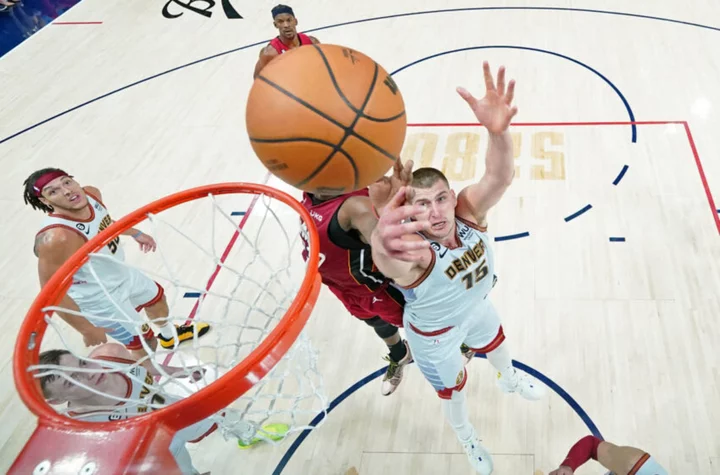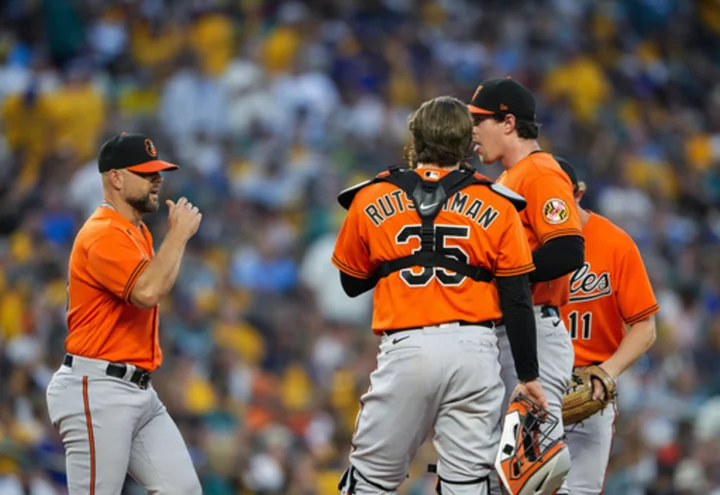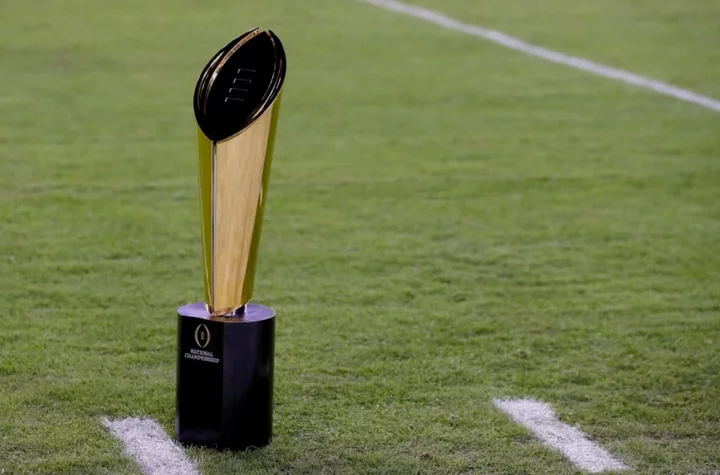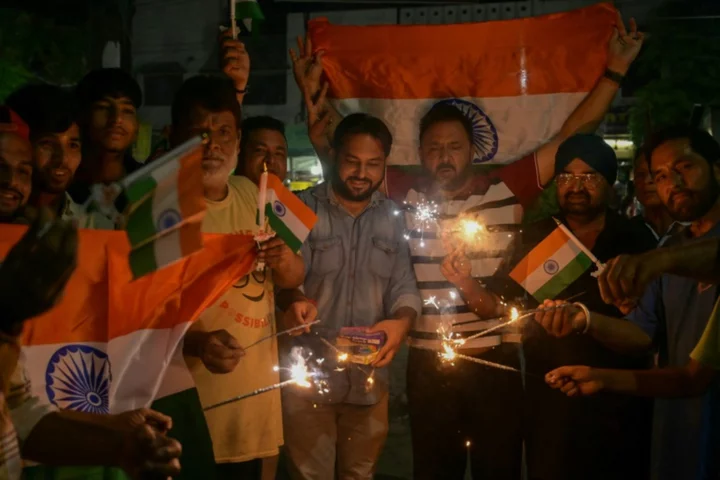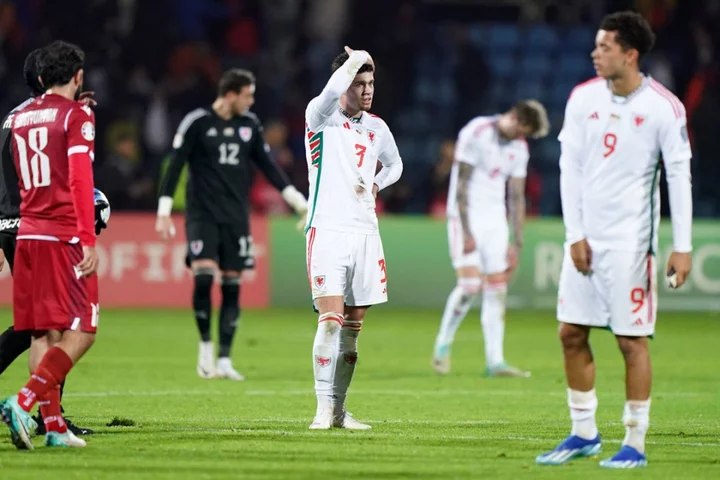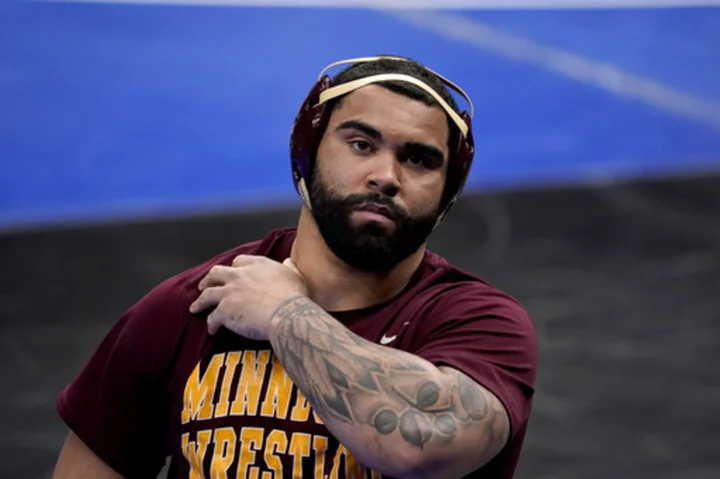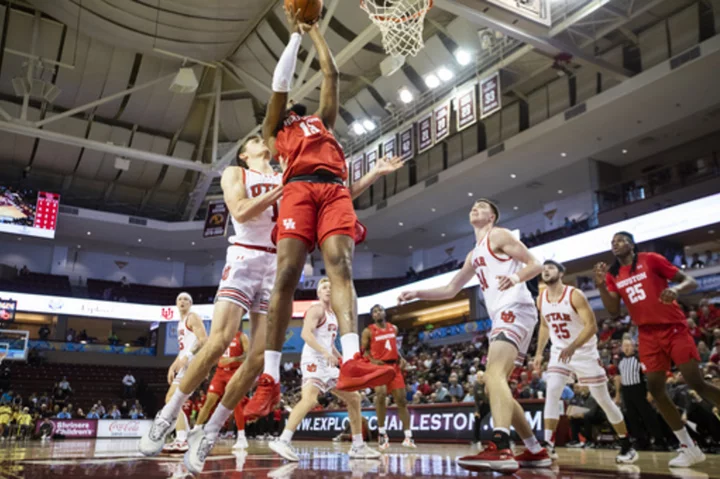The Denver Nuggets made it to the NBA Finals by blowing teams out with elite offense. Against the Heat, they powered their wins with collaborative defense.
Despite posting an archaic 97.9 Offensive Rating (for reference, that would have been dead-last in the 1996-97 season), the Denver Nuggets were able to stave off the Miami Heat en route to their first title in NBA history.
How did they do this? Simple. By forcing the Heat to post an even lower Offensive Rating (93.7) than them.
But how is that possible? How is the team that finished the regular season tied for 15th in Defensive Rating able to do that? How can a team that was supposed to be built around their offense win because of their defense?
Game 5 was just one of those nights for the Nuggets. For one reason or another, they just could not find the bottom of the basket. As a team, they shot 17.9 percent from beyond the arc (5-of-28) and 56.5 percent from the free throw line (13-of-23). That's historic levels of rough.
Since the Basketball Gods weren't doing them any favors, the Nuggets had to lean on the less glamorous end of the court to take them to the promised land. Despite not touting an ensemble cast of defenders with elite reputations, the Nuggets under head coach Michael Malone is a gritty, well-coached bunch.
The Nuggets found a way to protect the paint together
And part of that great coaching is knowing how to mitigate your team's weaknesses. In Denver's case, their biggest character flaw is their inability to protect the paint. During the regular season, they ranked 26th in opponent points in the paint per 100 possessions (53.0, per NBA.com).
However, against the Heat, Denver has managed to shrink that number to just 42.6 points in the paint per 100 (that would have been the best mark in the league during the regular season).
They have managed to achieve this esoteric-like paint protection by doing two things: 1) instructing off-ball defenders to help off their man and into the paint (as they have done all postseason), and 2) having Nikola Jokic defend screening actions in a deep drop. By following these principles, Denver is able to maximize the number of bodies they have defending the paint, thereby performing rim protection by committee.
As you may have gleaned from that clip above, Jokic — a player many have cited as a poor rim protector/defender — has had an awesome rim protection series. During the Finals, Jokic defended an average of nine field goal attempts inside of six feet per game, holding opponents to 17.2 percentage points below their expected average (per NBA.com). And in Game 5, he defended nine such field goals and held the Heat players to 8.3 percentage points below their expected average. So, not as impressive as Game's 1-4, but still mighty stout.
A major key to the Nuggets being able to play this way was the Heat (much like the Los Angeles Lakers in the previous round) not being able to make Denver pay for sagging off them. For the series, Miami shot just 34.3 percent from 3. And in Game 5, they shot just 25.7 percent (9-for-35).
This enabled Denver to almost exclusively deploy drop coverage on guys like Jimmy Butler, Gabe Vincent, Kyle Lowry, and Max Strus. The big benefit of being able to play drop is that it allows you to avoid committing two defenders to the ball and conceding a 4-on-3 advantage to your opponent.
The only guy who could consistently command that type of defensive attention from the Nuggets was the sharpshooting Duncan Robinson (42.9 percent from 3 during the Finals). Earlier in the series, his presence caused a great deal of confusion for the Nuggets' defense, and as a result, Miami got a lot of great looks by involving him in the offense.
But by Game 5, Denver had all but mastered the art of defending him (I say "all but" because he did have a couple of nice moments). The Nuggets would still send two defenders at him, but when they did it, Jokic did a great job of closing the window for the pocket pass. And as you'll see in the first play from the clips below, that disrupted Miami's power play because Robinson couldn't get the ball to Bam Adebayo so that he could dissect the defense on the short.
During the next possession (the second clip in the montage below), Robinson tries to counter Denver's defense by rejecting the screen from Adebayo. But Bruce Brown sees this and helps on his drive, which leads to the Nuggets recovering a fumble for a touchdown.
If those last two clips didn't make it abundantly clear, Denver's defense achieved the Platonic ideal of communication yesterday. Everyone knew where they needed to be and when they needed to be there. Off-ball defenders knew when to help (like Brown did on Robinson's drive), but they also knew when not to help.
For instance, Vincent and Lowry are both highly-proficient in the practice of "Nashing" (the art of cycling one's dribble around the rim to confuse the defense and create openings for teammates). The best Nash-ers are the ones who can maintain their dribble long enough to force the defense to overhelp (i.e., leave their assignment). Last night, when Lowry/Vincent tried doing this, Denver's off-ball defenders had the presence of mind to stay home and not fall for this trap.
Last season, a different version of the Jokic-led Nuggets was swiftly discarded in the first round of the playoffs by the movement-heavy Golden State Warriors. In that series, Denver posted a Defensive Rating of 121.9 (the worst in the entire 2022 Playoffs).
Being that the Heat's offense has often been compared to that of Golden State, some speculated that Denver would again have problems defending the constant motion (their other three playoff opponents this season fielded much more static offenses). But alas, Denver fully dispelled those concerns in Game 5 — putting on a clinic on how to navigate on and off-ball screening actions.
And even when the Heat tried to leak out in transition, Denver's glue guys fought tooth and nail to make sure nothing came easy for them. For instance, now two-time NBA Champion, Kentavius Caldwell-Pope, not once, but twice, successfully denied Butler the chance at easy points on the fastbreak.
All playoffs long, Denver has shown that through good coaching, sound scheme, and team-wide effort and execution, you can build a good postseason defense, even if you don't have an All-Defensive Team caliber anchor in the middle.
And Game 5 was the culmination of their crusade. The "offense first, defense later" team didn't have their offense. But they didn't need it. They relied on their defense to take away the paint, limit Miami's advantage creation opportunities, and shut off their renowned ball movement.
They relied on their defense to guide them to their first-ever NBA Championship.
Check out The Step Back for more news, analysis, opinion and unique basketball coverage. Don't forget to follow us on Twitter and Instagram and subscribe to our daily email newsletter, The Whiteboard.

